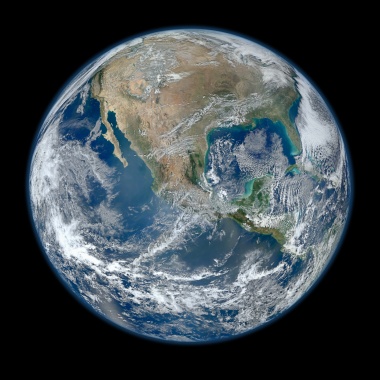 Environmental policy can be depressing. Few activists seemed to have learned the errors of Malthus’ notion of “overpopulation.” No, humans are a “cancer.” Rather than accepting that we are a part of nature, the claim persists that there’s some elusive equilibrium that would exist if we didn’t.
Environmental policy can be depressing. Few activists seemed to have learned the errors of Malthus’ notion of “overpopulation.” No, humans are a “cancer.” Rather than accepting that we are a part of nature, the claim persists that there’s some elusive equilibrium that would exist if we didn’t.
As a consequence of that worldview, Earth Day is less a celebration of the incredible advances since the first Earth Day than an annual panic that things are getting worse and our time to turn things around is disappearing. This year, for instance, it’s said that we only have 10 years left to save the planet.
Alarmism aside, it’s amazing how much interest in the environment has grown and how that interest has translated into observable environmental improvements. All of this has been made possible by one thing: the incredible economic growth during the last half century.
Since 1990, the percent of the world population living on less than $2 a day has shrunk from 35% to less than 10%. That means almost 2 billion people have risen out of poverty in a short period of time.
But alarmists see this explosion in relative prosperity as a dire threat to the globe, missing that the worst environmental problems are found among the poorest people. If you’re in a third world county unsure how you’re going to feed your family tomorrow, how much weight would you put to what the world’s temperature will be in a hundred years or whether there will be some particular species halfway around the globe in fifty? Prosperous places also have improving environments because richer people are more willing and able to pay for them.
The relationship between human prosperity and the quality of the environment is complicated. Initially, growth can put pressure on the environment. Where labor and land are cheap, technologies that economize on environmental resources are less competitive. But as an economy grows, the incentives shift heavily the other way. That’s why, across the developed world, economies are making more with less. Old fears of deforestation are giving way to reforestation; overfishing is being solved with property rights; and smog has been replaced with ever cleaner air.
So instead of attacking economic growth, we should be looking to unleash it. That takes free trade, free immigration, and a willingness to pay for the environmental values we want to protect, rather than depending on government to take from poorer people in less developed countries. Coinciding with the incredible decrease in global poverty, there have been remarkable advances on most of these fronts. Trade is freer, although we still have some work on improving immigration.
This Earth Day, I’m optimistic because so many are shifting away from the reliance on government control and towards incentive-based, collaborative conservation. The Nature Conservancy is paying California farmers to create pop-up wetlands to benefit migratory birds. African nations are recovering endangered species by creating communal and tribal property rights in them, which incentivizes locals to stop poaching and become conservationists. And developments in natural gas extraction have made inroads in reducing greenhouse gas emissions.
To be sure, environmental challenges remain. But free people and free economies have repeatedly shown they’re up to the task of solving them. Earth Day should be a celebration of that fact.


I read the article, 10 years left to save the earth, why isn’t this a better known fact and what can I do to help spread the message. I enjoyed the article greatly.
LikeLike
Fortunately, predictions like this don’t come true. http://reason.com/archives/2000/05/01/earth-day-then-and-now
LikeLike